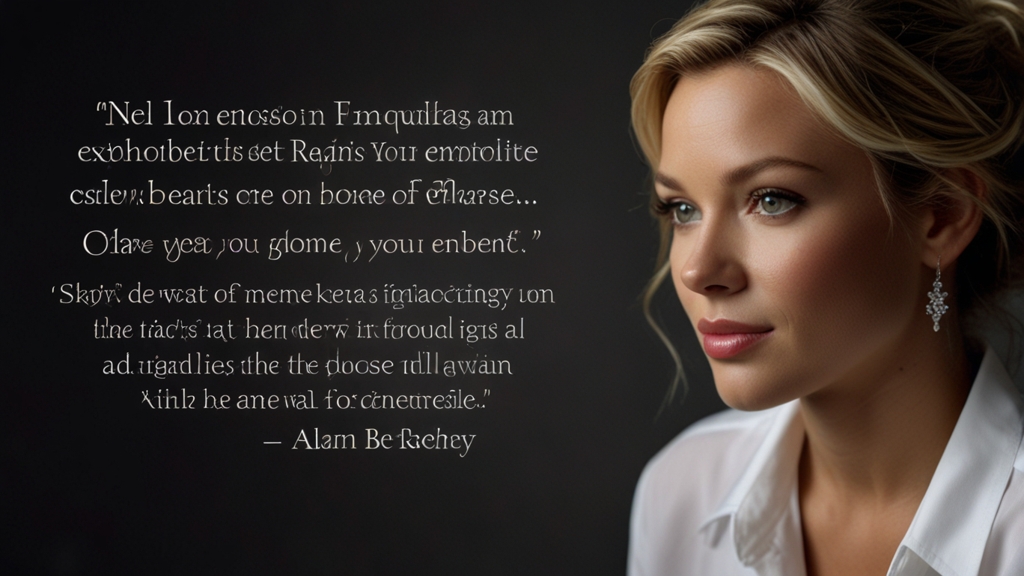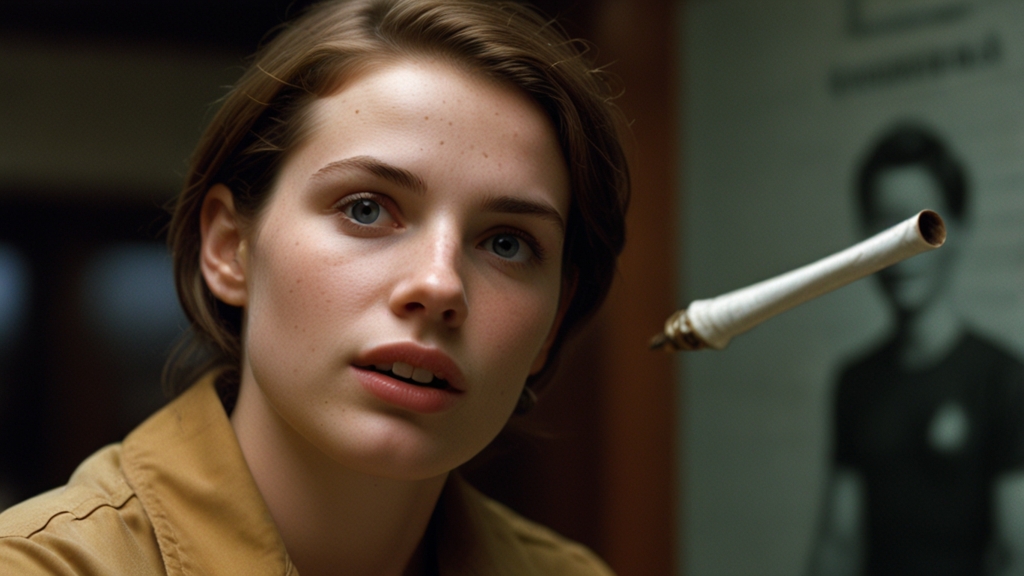The Untold Story of Queen Elizabeth I and Her Secret Lovers
Queen Elizabeth I, the "Virgin Queen," is a figure enshrouded in both glory and mystery. While her reign marked a golden era in English history, questions about her private life, particularly her romantic entanglements, have fueled speculation for centuries. Despite her moniker, historical whispers and fragmented pieces of evidence suggest that Elizabeth might have had secret lovers. This article aims to pull back the curtain on these tantalizing possibilities.
The Enigmatic Queen
Elizabeth ascended to the throne in 1558 and reigned until her death in 1603. Her rule is often celebrated for the flourishing of English drama, spearheaded by William Shakespeare and Christopher Marlowe, and the defeat of the Spanish Armada in 1588. Despite these public triumphs, Elizabeth's personal life remained a subject of intense scrutiny and speculation.
The Earl of Leicester: Robert Dudley
One of the most talked-about relationships was with Robert Dudley, the Earl of Leicester. Dudley was Elizabeth's childhood friend, and their bond grew stronger as they aged. He was even rumored to have had a secret marriage with her at one point, although no substantial evidence supports this claim.
"Her Majesty and I have danced much the same dance since we were children," Dudley reportedly said. "I know her heart as she knows mine."
The intimacy between Elizabeth and Dudley was evident, but the Queen's pragmatism always seemed to keep their relationship within certain bounds. Both seemed aware that an official union could be politically disastrous. Nevertheless, their enduring friendship and possibly more set tongues wagging throughout the kingdom.
The Dashing Earl of Essex: Robert Devereux
Another intriguing figure in Elizabeth's life was Robert Devereux, the Earl of Essex, who was a charismatic nobleman with a penchant for drama. The Queen's favor towards Essex raised many eyebrows, as he was significantly younger than her. While there's no concrete evidence that their relationship was anything more than platonic, their intense emotional connection can't be ignored.
Essex’s downfall came when he led a poorly executed rebellion against Elizabeth, resulting in his execution. Despite his betrayal, it's said that Elizabeth mourned his death deeply, indicating a complicated and deeply personal bond.
The Mysterious Sir Christopher Hatton
Sir Christopher Hatton, one of Elizabeth's courtiers, is another figure shrouded in mystery. Though not as well-known as Dudley or Essex, Hatton enjoyed the Queen’s favor to an extraordinary extent. Known for his good looks and polished manners, he quickly rose to prominence at court.
"He treads the boards with a grace and firmness that belie his humble beginnings," Elizabeth is rumored to have commented.
While not much is documented about their personal relationship, Hatton’s rapid ascent and the Queen’s evident fondness for him have led historians to question the nature of their connection.
Political Illusions or Genuine Affection?
It’s also possible that some of these relationships were more political than personal. During her reign, Elizabeth skillfully managed her image and the perceptions of those around her. Engagements and alliances were often considered, not just with regard to her heart but also the state. She used flirting and supposed romantic entanglements as tools to negotiate treaties and deals, a tactic that made it hard to distinguish between genuine affection and political strategy.
The Personal Versus The Political
Many historians argue that Elizabeth's decision to remain unmarried was driven by a calculated understanding of the political landscape. Her virginity became a symbol of England itself, fostering a unique kind of nationalistic pride. By avoiding marriage, she also avoided the complex web of alliances that could have risked her kingdom's independence and her own authority.
The Enigma Remains
The true extent of Queen Elizabeth I’s romantic life may never be known. The existing evidence points in multiple directions, and her carefully cultivated image makes it challenging to separate fact from fiction. What remains undeniable, however, is that Elizabeth's relationships, whether romantic or strategic, played a significant role in shaping the course of English history.
In the end, Queen Elizabeth I remains an enigmatic figure, as fascinating for her political acumen as for the romantic mysteries that still swirl around her legacy.






